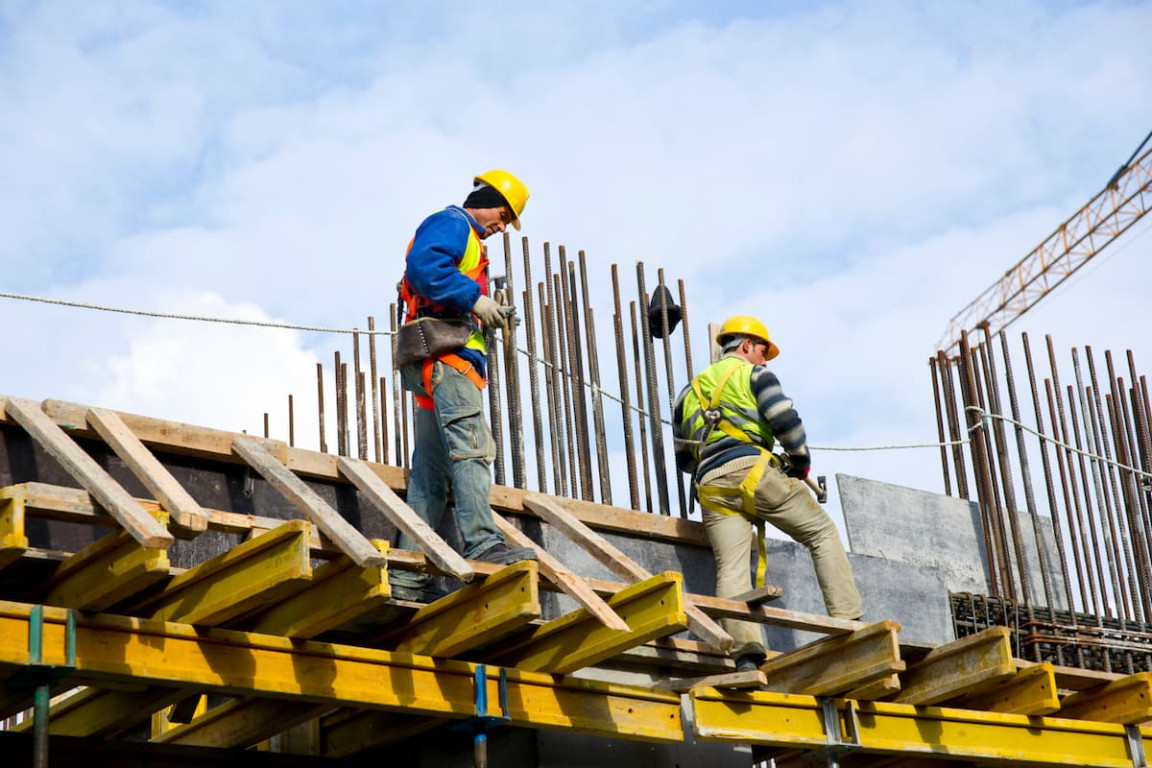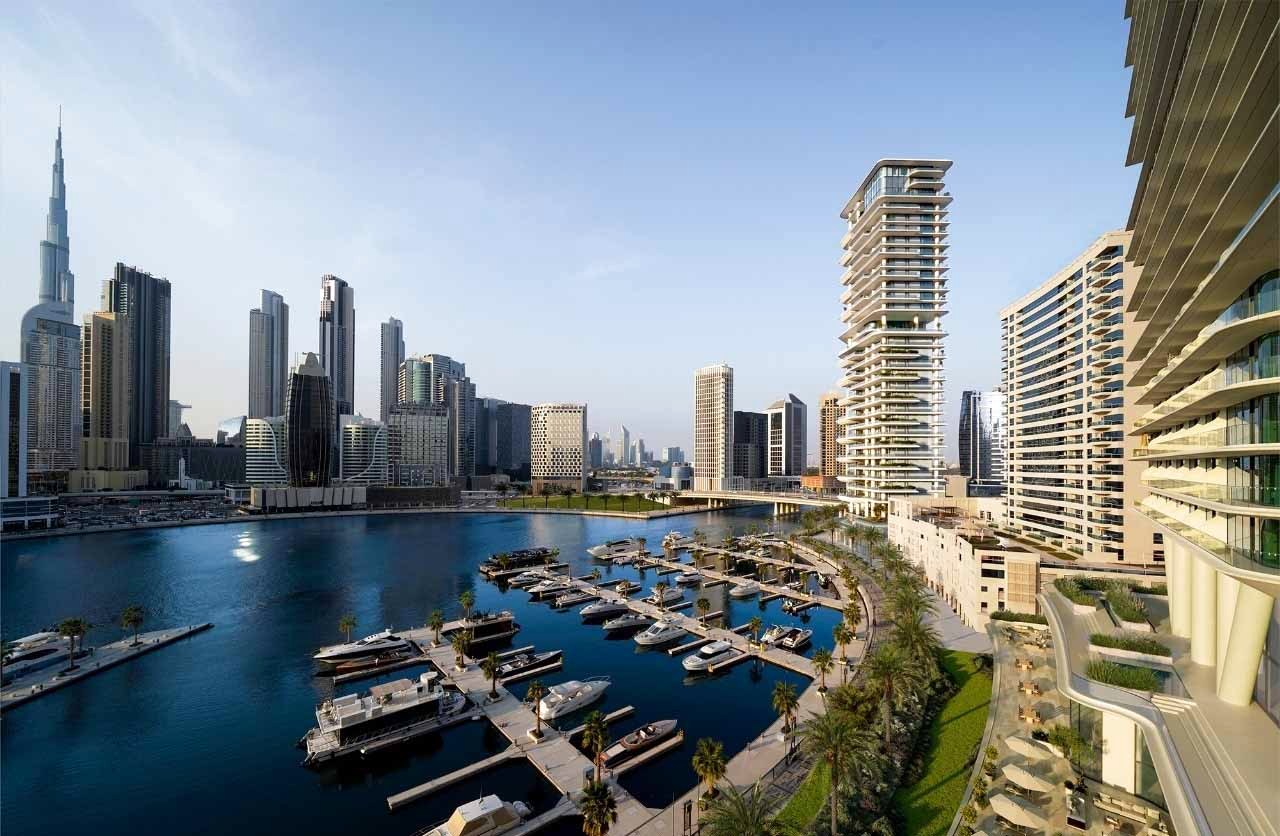This refers to all those supportive works that help complete the building. They include the following:
· Boundary walls and hedges: these are meant for demarcating the space on which the building stands as well providing security and privacy. The most common walls are made of masonry while hedges are made out of plants like keiapple and bougainvillea. Most hedges add to the aesthetics of the compound when they bloom. One important thing to remember is that the wall should complement the building.
· Gate and gate house: Can be viewed to be a part of the boundary wall. Depending on the requirements and use of the building and hence the compound, the gate will differ in size, specification. In busy buildings with heavy vehicle traffic, an electronically opened gate will work better than a manually opened gate. Further, it is usually better to have a small pedestrian gate aside the main gate.
· Drives, parkings and pavements: These are usually hard surfaces like tarmac or paving blocks. They provide access and circulation within the compound. Pavements are good for training pedestrians on what routes to follow inside the compound. This will prevent trampling of areas like landscaped lawns.
· Landscape and Flower gardens: Landscaping can be viewed as dressing to the compound. It completes the picture. Variety is the secret here. Having flowers that blossom at different times of the year will ensure that the compound is in colour all year round.
· Gazebos and Porches: These are resting areas in the compound. They come in a great variety of designs to suit varying needs.
· Water points and ponds
External works need also be integrated within the works to ensure that they don’t drag the completion of the works as a whole. Taking the example of landscaping, it will need a lot of time to grow some of the plants as may be required in the compound. These could be planted long before the building is put up, as long as they do not play hindrance to the construction.
From our series of previous articles, it is clear to see that there are many components that get into the building to make it complete. While each one of these have their different roles, they are put together concurrently. Planning is therefore very important to ensure that a harmonious process results. Moreover, the different components are usually put up by different contractors (service providers) thus it amplifies the need for proper planning.




:max_bytes(150000):strip_icc()/__opt__aboutcom__coeus__resources__content_migration__mnn__images__2018__03__shutterstock_1051823762-0b00dcf9cd99473cabaff5546d745b0a.jpg)